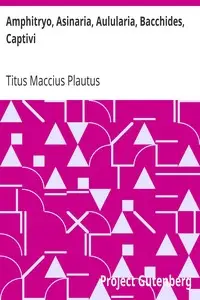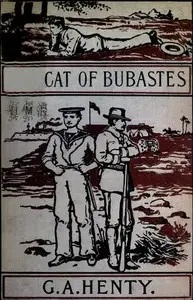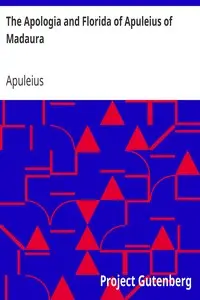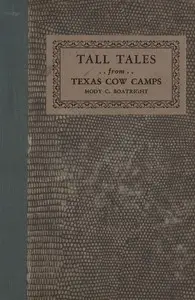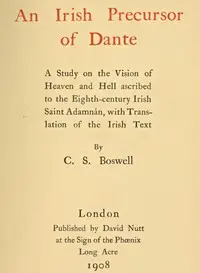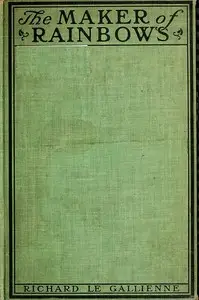** "The Golden Asse" by Lucius Apuleius is a captivating tale from the 2nd century AD where curiosity leads to unforeseen consequences. The story centers around Lucius, whose journey to Thessaly, a land steeped in witchcraft, sets the stage for his transformation into an ass. His experiences in this altered state teach him about the world around him, as he grapples with trials, seeks knowledge, and uncovers the complexities of love and humanity. The opening narrative introduces us to the world of magic and the relationships between the people of Thessaly, where Lucius will navigate the sorcery practiced by locals. Lucius's early experiences, including an encounter with a juggler, are both funny and thought-provoking, as his obsession with magic grows and eventually turns his world upside down. **

The Golden Asse
By Apuleius
** A man's overreaching curiosity plunges him into the body of a donkey, forcing him to traverse a world filled with magic and the complexities of human desire, forever changing his understanding of life.
Summary
About the AuthorApuleius was a Numidian Latin-language prose writer, Platonist philosopher and rhetorician. He was born in the Roman province of Numidia, in the Berber city of Madauros, modern-day M'Daourouch, Algeria. He studied Platonism in Athens, travelled to Italy, Asia Minor, and Egypt, and was an initiate in several cults or mysteries. The most famous incident in his life was when he was accused of using magic to gain the attentions of a wealthy widow. He declaimed and then distributed his own defense before the proconsul and a court of magistrates convened in Sabratha, near Oea. This is known as the Apologia.
Apuleius was a Numidian Latin-language prose writer, Platonist philosopher and rhetorician. He was born in the Roman province of Numidia, in the Berber city of Madauros, modern-day M'Daourouch, Algeria. He studied Platonism in Athens, travelled to Italy, Asia Minor, and Egypt, and was an initiate in several cults or mysteries. The most famous incident in his life was when he was accused of using magic to gain the attentions of a wealthy widow. He declaimed and then distributed his own defense before the proconsul and a court of magistrates convened in Sabratha, near Oea. This is known as the Apologia.






